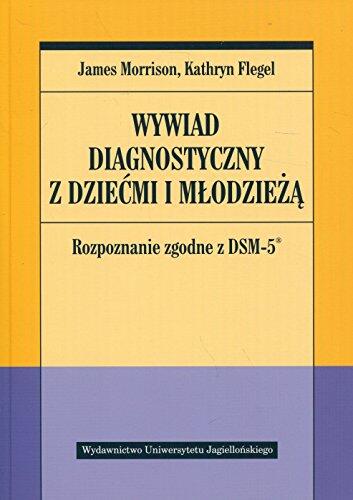
Wywiad diagnostyczny z dziecmi i mlodzieza
まだ評価がありません
Science & Technology
Health & Wellness
形式
ペーパーバック
ページ数
528
言語
ポーランド語
公開されました
Jan 1, 2018
出版社
Wydawnictwo Uniwersytetu Jagiellońskiego
ISBN-10
832334440X
ISBN-13
9788323344407
説明
This work delves into the complexities of conducting diagnostic interviews with children and adolescents, emphasizing the nuanced skills required to engage effectively with younger populations. Kathryn Flegel and James Morrison share rich insights drawn from their extensive experience in psychology, offering practical strategies that professionals can adapt to fit the unique needs of their young clients.
The authors address the various challenges faced when interviewing this age group, including communication barriers and emotional responses. They illustrate how to create a safe and comfortable environment that encourages open dialogue, allowing children and teens to express their thoughts and feelings candidly. Through detailed examples and case studies, the text highlights the importance of building rapport and trust.
Moreover, the book provides essential frameworks for analyzing responses, identifying underlying issues, and tailoring interventions. Flegel and Morrison clearly outline effective techniques for various contexts, ensuring that mental health professionals are well-equipped to foster meaningful conversations.
Ultimately, their collaborative effort serves as a vital resource for clinicians, educators, and researchers alike, aiming to improve outcomes for young individuals facing psychological challenges. The compelling blend of theory and practical application makes this a crucial addition to the field of child and adolescent mental health.
The authors address the various challenges faced when interviewing this age group, including communication barriers and emotional responses. They illustrate how to create a safe and comfortable environment that encourages open dialogue, allowing children and teens to express their thoughts and feelings candidly. Through detailed examples and case studies, the text highlights the importance of building rapport and trust.
Moreover, the book provides essential frameworks for analyzing responses, identifying underlying issues, and tailoring interventions. Flegel and Morrison clearly outline effective techniques for various contexts, ensuring that mental health professionals are well-equipped to foster meaningful conversations.
Ultimately, their collaborative effort serves as a vital resource for clinicians, educators, and researchers alike, aiming to improve outcomes for young individuals facing psychological challenges. The compelling blend of theory and practical application makes this a crucial addition to the field of child and adolescent mental health.